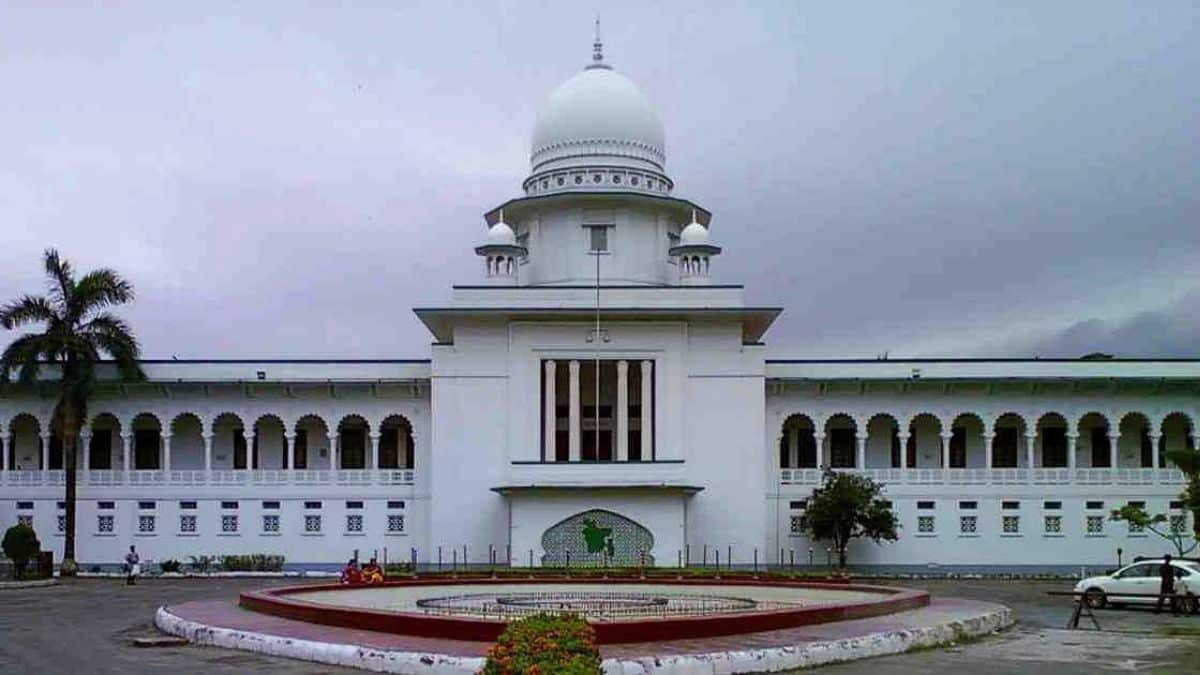The Bangladesh government today filed a petition with the Appellate Division of the Supreme Court, seeking a stay on the High Court verdict that ordered the authorities concerned to move the prisoners, sentenced to death, to ordinary cells of jails from condemned cells.
The attorney general’s office submitted the petition on behalf of the state, saying it would file an appeal with the Appellate Division, challenging the HC judgement after receiving its full text.
The hearing on the petition will be held tomorrow, Attorney General AM Amin Uddin told DailyStar reporters at his office today.
The High Court yesterday said prisoners, who have been sentenced to death, with pending appeals must not be kept in condemned cells. It ordered the authorities concerned to move such convicts from condemned cells to ordinary cells within two years, starting immediately.
The order came following a petition by three convicts on August 31, 2021. According to data submitted to the HC by the inspector general of prisons, 2,162 convicts, including 63 women, were in solitary confinement on November 1, 2022. The number of the condemned cells was 2,657 at that time — 2,512 for men and 145 for women.
Potential Drawbacks of the Move
While the High Court order aims to improve conditions for death row prisoners, moving them to ordinary cells could pose significant challenges and risks. Death row prisoners are kept in high-security condemned cells due to the severity of their crimes and the potential threats they may pose. Integrating them with the general prison population could increase the risk of violence, unrest, and escape attempts.
Ordinary cells often lack the specialized facilities and support systems available in condemned cells, which could adversely affect the mental well-being of death row inmates, many of whom may be dealing with trauma and psychological issues. Prisons may not have adequate space or infrastructure to accommodate a large influx of death row prisoners into ordinary cells, leading to overcrowding and further strain on already limited resources. Segregating death row prisoners within ordinary cells and ensuring their safety and security could pose significant logistical and operational challenges for prison authorities.
While the High Court order highlights the need for humane treatment of all prisoners, the government’s appeal suggests concerns about the practicality and potential consequences of implementing the ruling.

